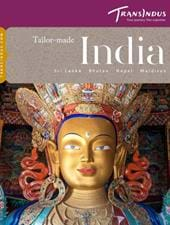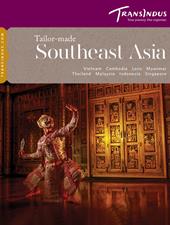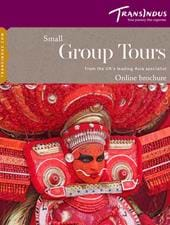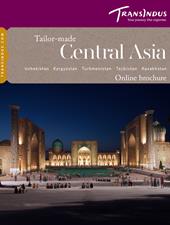The Hallyu Wave, also known as the Korean Wave, has become a global sensation, encompassing the widespread popularity of South Korean culture. South Korean culture has captured people's hearts worldwide, from K-pop and K-dramas to traditional customs, fashion, and food. This cultural phenomenon began in the late 1990s and has gained a passionate international following, particularly among younger generations, establishing South Korea as a major cultural exporter.
Despite the tragic loss of much of South Korea's traditional culture during the Japanese colonization, the country's rich heritage has been revived and embraced with renewed national pride. Today, South Korea's traditions are celebrated zealously at modern festivals such as the Seoul Lantern Festival in winter and the lunar calendar celebrations like Chuseok, the mid-autumn harvest festival. This celebration of their rich heritage is a testament to their resilience and cultural pride.
The Hallyu wave has revived traditional culture and brought Korea's modern culture to the forefront. K-pop and K-dramas have become global sensations, captivating audiences around the world. The upscale district of Gangnam, made famous by Psy's "Gangnam Style," has become synonymous with South Korea's contemporary image. Major K-pop concerts draw fans to iconic venues in Seoul and Incheon, and the global success of K-dramas has turned their filming locations into major tourist attractions.
Traditional Korean dress, known as hanbok, has also gained international recognition. Visitors to historic sites like Gyeongbokgung and Changdeokgung palaces can experience the elegance of hanbok and gain free entry, showcasing a resurgence of interest in Korean culture, both old and new. The impact of the Hallyu wave continues to influence and inspire people worldwide, making it a proud cultural achievement for South Korea.









